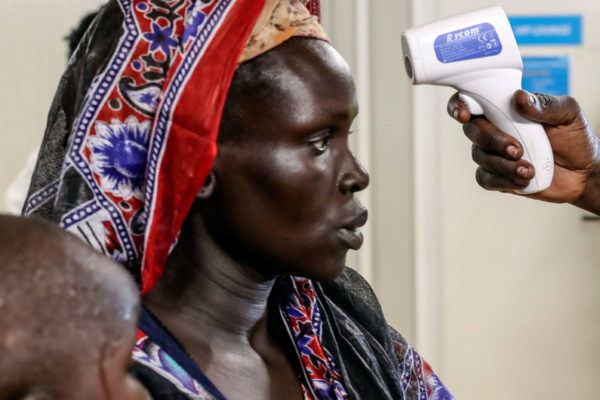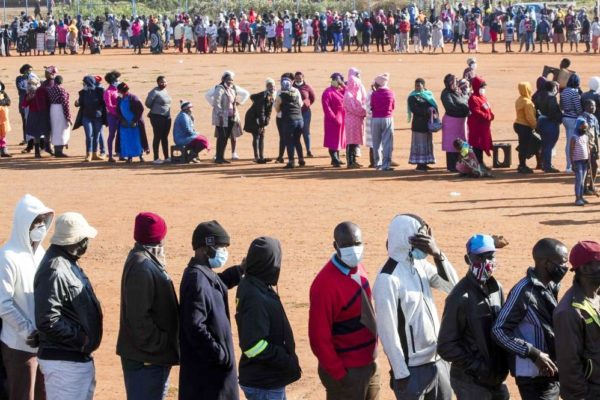Why Peacebuilding should be part of the COVID-19 response

COVID-19 has taken the world by surprise and upended life as we know it, introducing looming uncertainties. As we unite in fighting the rapid spread of the virus, we must also recognize that the consequences of the pandemic go beyond medical and public health. The crisis is unique because the direct solutions and ameliorative public health approaches have the potential to be highly conflict-inducing. Thus, the integration of peacebuilding approaches into international responses to COVID-19 is now a matter of urgency.
This briefing paper, Peace and Conflict in a COVID-19 World – Implications for International Responses, summarises ten framing aspects of the crisis and offers three implications for international actors responding to it. Our collective understanding of the causes and solutions to the crisis will determine how we respond to the crisis. While much is uncertain, it is clear COVID-19 is both a multidimensional crisis and an opportunity for change. The key question before us all — especially local and international humanitarian, development, and peacebuilding actors — is how to leverage opportunities for positive change and manage the potential risks?
It is clear human-centred and cooperative approaches which are at the core of peacebuilding work are needed. Peacebuilding approaches of local ownership and leadership with a long-term resilience focus are critical to embed into technical health responses, as well as broader socioeconomic responses to COVID-19. The way in which these approaches are integrated into national and international responses will be critical not only for the technical success of those responses, but also to understand whether they support peace or might exacerbate new or existing grievances already triggered by the pandemic.

Photo Credit: UN/ Isaac Billy
Early in the crisis some referred to the pandemic as a “great equalizer,” but as the disease evolves, it is increasingly apparent that it is anything but equalizing. COVID-19 threatens broader peace and stability by exacerbating persistent political, social, and economic structural inequalities that render some groups more vulnerable than others. In many contexts, it is reinforcing patterns of inequality and grievances that erode the social contract between individuals and communities with the states that represent, govern, and protect them.
We need resilience approaches that can enhance positive local capacities, skills, and attributes, and enable communities to not just ‘bounce back’ but ‘build back better.’ These conflict sensitive, locally owned, and peace responsive peacebuilding approaches are highly cost-effective and sustainable. They must not be sacrificed due to short-term reallocation of funds to what is deemed as “immediate” pandemic responses. Short- and long-term responses to COVID-19 must be aligned.
Thus, the question of how peacebuilding approaches are integrated into the multidimensional humanitarian and development actions of governments, INGOs and UN actors — or not — is not theoretical. The extent to which international humanitarian and development responses are conflict sensitive and peace responsive to the direct and indirect impacts of COVID-19 will be critical in determining how successfully those interventions contain the virus. The opportunity for transforming conflict dynamics and patterns of structural violence in this moment is significant and can be driven through operational peace responsive approaches.
As a next step to this briefing paper, Interpeace is developing recommendations and practical actions both for its own peacebuilding policy and programming and to inform the policy, programming and coordination of other international peacebuilding actors. They will be published on this website in the coming months.

Photo Credit: AP Photo/Themba Hadebe
Read the full briefing paper: here
